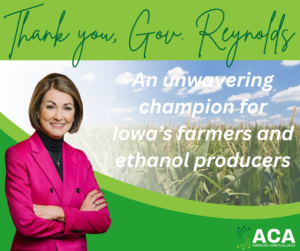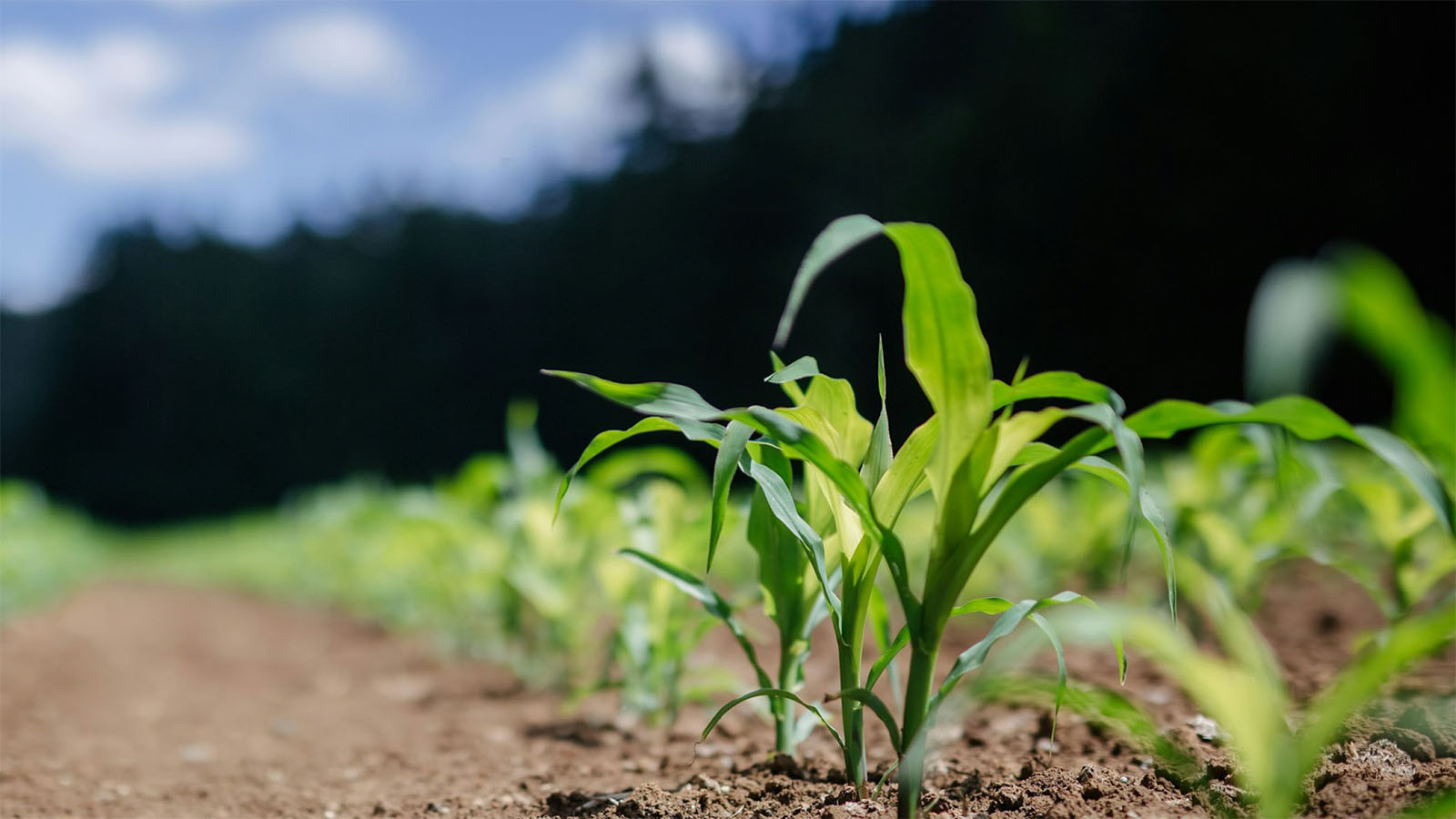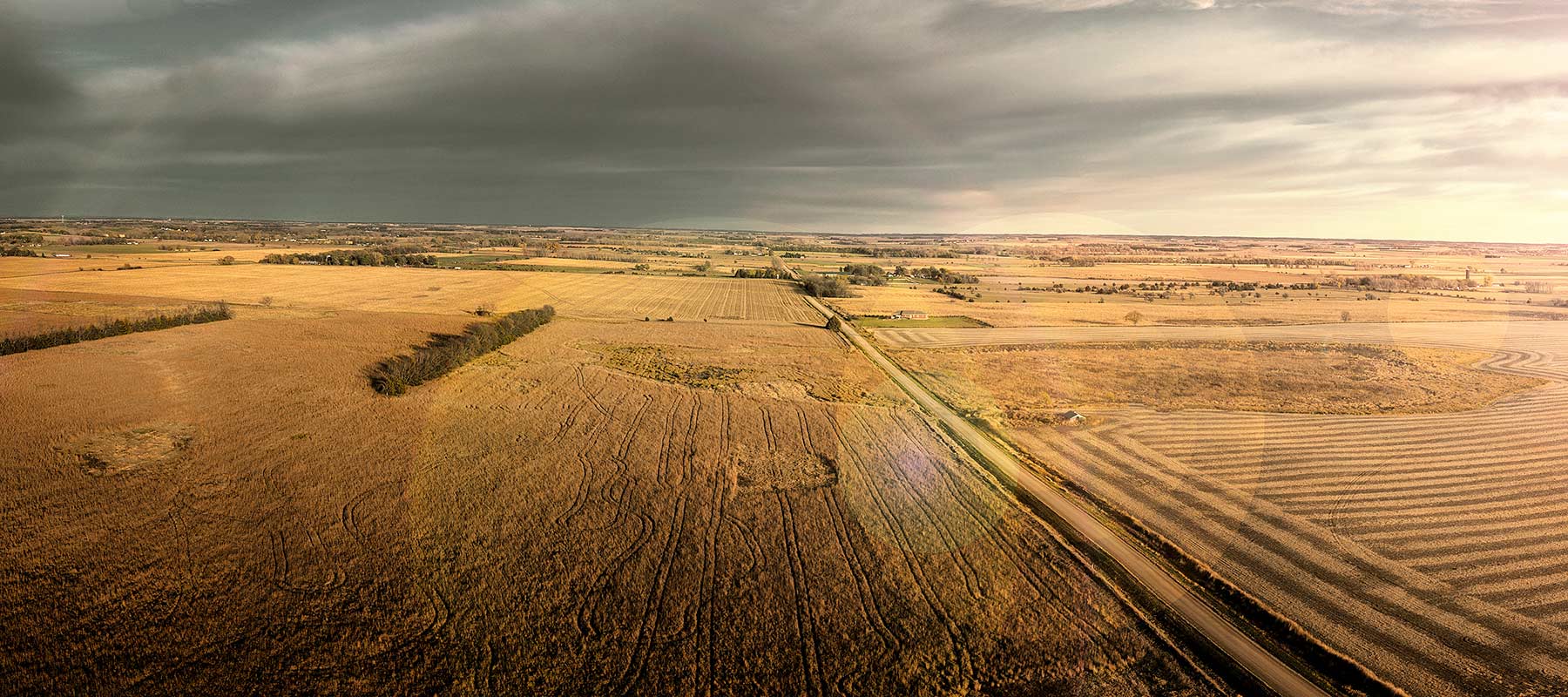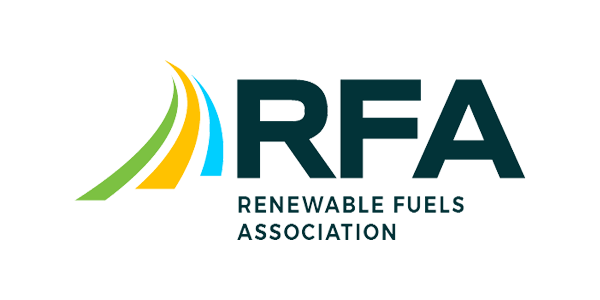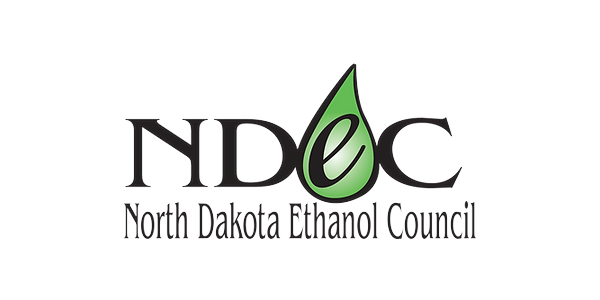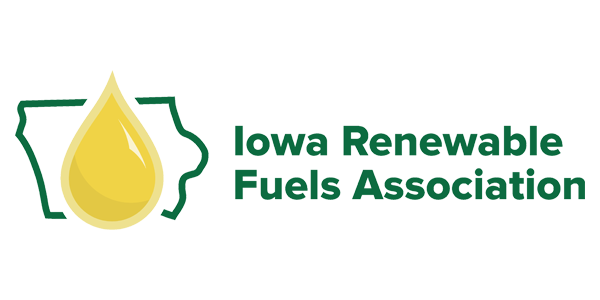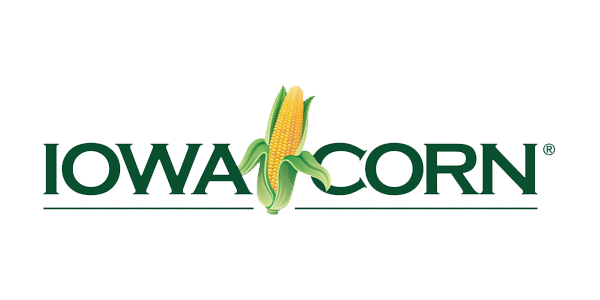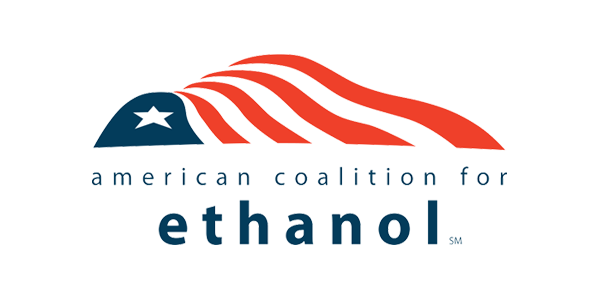Carbon Based Ag Economy or Bust
By: David Kruse
Advisor to the American Carbon Alliance
Over the first half of my 50-year farming career we struggled to make money without farm subsidies. Many denigrated farmers, depicting them standing by their mailbox, getting paid government checks to stay in business. We depended on feed and exports for corn demand and could, given improving corn growing productivity, easily and consistently exceed demand with supply. CRP held back acres. Then a new concept began rippling through the Ag industry called “value added”. We started aggressively looking for ways to boost demand for corn, the impact of which on planted acres rippled through other commodities helping soybean, cotton and other growers. A biofuel industry was developed from scratch which was no easy thing to make happen. Ultimately, we added ethanol demand as another leg under the stool of corn demand so that 3 legs, ethanol-feed-export demand gave the industry price stability. Nothing in my life has added more wealth to the Ag sector and rural economy than has the biofuel industry.
5 bln bushels of corn demand made a huge difference, enough of a difference that we have eliminated farm subsidies that we had previously been forced to depend upon. Some farmers invested in ethanol start-ups which have a mixed investment record. The biofuel industry survivorship is now sorted out but the entity that has gotten the gain from the biofuel industry development are the producers. Most farmers invested nothing, risking nothing, yet got the benefits of the biofuel industry. Basis levels as well as the base price of corn are much improved with the benefit going to producers. Many acres growing corn for ethanol would have been growing something else so all crop acres and values rose with the tidal lift from biofuel. Farmers should be more passionate about biofuel than they are.
The big picture was that we added value to an industry with biofuel which had a material positive effect on the rural economy. This supported income and farm equity values like nothing experienced before it. I see two other past major renaissance-era changes for Agriculture. The first was the transition from horses to tractors… mechanization. The second was Norman Borlaug’s Green Revolution that fed a billion people. The one I was part of, was the contribution of biofuel demand to Agriculture’s balance sheet. My sense however is that many farmers really don’t get it. Some opposed the ethanol industry, were weak-hearted ethanol consumers themselves accepting false arguments of Big Oil. Yet today, they do not see the financial risk that they bear directly from the potential weakening of the biofuel component of corn demand to add proactive support for the industry.
Everything they built and everything they own somehow connects to the development of the ethanol industry and they either do not see the connection or take it all for granted. Many give the impression that they see the biofuel industry as some special interest when it is their interests that are at risk. I think that it would be very sad to see the biofuel industry atrophy and for farm finances to go back on the government dole. How do we avoid that? How do we sustain biofuel and thus corn demand and get paid by the market enough to continue to have a margin growing corn? The irony is that taxpayers came out far ahead as well. Because of ethanol they did not have to fund government farm subsidies and they got cheaper fuel. Biofuel also added a component to national energy security ending dependence on foreign oil. The naysayers had to rely on duping consumers that ethanol raised food costs or that it contributed more carbon than gasoline. Bahooey!
We are at a new place now in our Ag economy where we built something phenomenal that has contributed more to our economic growth than anything else in our lifetimes and it is all at risk if we do not protect it. We can do stupid things that cause us to lose all that we have gained. Instead, we need to make changes that sustain the biofuel industry so we do not get that leg kicked out from under corn demand. The path to sustain Agriculture lies in its embrace of the carbon economy. The carbon economy is the best future that we are going to be offered.
Things impacting how biofuel determines our economic future include:
Continually increasing corn yields require offsetting new demand-higher gas mileage in new vehicles reducing fleet fuel consumption-the trend toward more EVs-competition for lower carbon scores for market access eligibility-opposition to CO2 pipelines-failure to grasp the need to include ourselves in a carbon-based economy. Most of these are headwinds to our financial future.
So, this is really where the Ag industry is at, poised on the threshold of entering…the new carbon-based Ag economy. That is the direction we are going in and what we have to decide individually and collectively is if we will get on board. The profound question becomes…Will there be a legacy to your farm? The reason that the ethanol industry has embraced the concept of sequestering its CO2 is that it reduces the carbon score of ethanol plants to a level that ethanol competes or beats that of EVs. Long term the market for high carbon fuels is going to go away. There will be an extended future, however, for low carbon fuels. When I was approached by Summit Carbon Solutions for a CO2 pipeline easement, I knew that the future of the industry required these pipelines. They made it pretty darn easy to say yes in their compensation. These CO2 pipelines are a requirement for the survival of the ethanol industry.
I have been on the right side of this history, first promoting the ethanol industry and now outlining the next step into a carbon-based economy. Everything else is petty in my perspective. There are interests which oppose biofuel and they twist every conjured negative into something material when they are not. While CO2 pipelines are a necessity for the long-term survival of the ethanol and Ag industry, they are not the Lone Ranger coming to a rescue. They will not single-handedly save us. The trend for biofuel demand is the same as for petroleum…negative. As noted, the vehicle fleet is aging out and new replacement vehicles either get better gas mileage or use no combustible fuel at all, being EVs. It may not happen fast in my lifetime but the trends are the trends. I would not count on ideology to stop it. While the carbon economy gets associated with Biden there are many republicans who are on board with it. It is not in my opinion an ideological issue. They may be the ones to make it work. I do not think that we should want to stop it. I think that we need to adapt to become part of it. These trends are global so the US is unlikely to isolate itself from a carbon-based economy. The next big push is to expand the scope of fuel demand to include low carbon ethanol in more fuels such as Sustainable Aviation Fuel. Airlines are ready customers for biofuel. This can be a huge market opportunity. That may be the caveat to sustain biofuel demand that takes us through the next generation.
The carbon economy is developing in parallel to another generation of advanced technological operating systems that will accelerate industrial change in the world. We want to be in on this. Many farmers seem to think that they will prosper if they can just sustain an upward trend for their farm yields. They focus on producing more bushels. What happens when the trend line corn yield is 200 bpa and the ethanol crush is only 3 bln bushels instead of 5 bln? The wheels come out from under farm profits, farm equity devalues and farmers go back to begging taxpayers to support their living. This potential reality is being contemplated by some who are selling farms today who fear that risk. If you own farmland, you should be contemplating it too. Recent profitability breeds complacency. A farmer who buys an EV truck is cutting his own throat.
Biofuel is just one component of the developing carbon-based economy. I have noted that I believe that all farms in order to access markets and sustain demand for their production will one day have an individual farm carbon score that may someday be as important as their corn yield. I think that this is the path forward and I do not know about you but I do not want to go back to growing cheap corn living off USDA.


